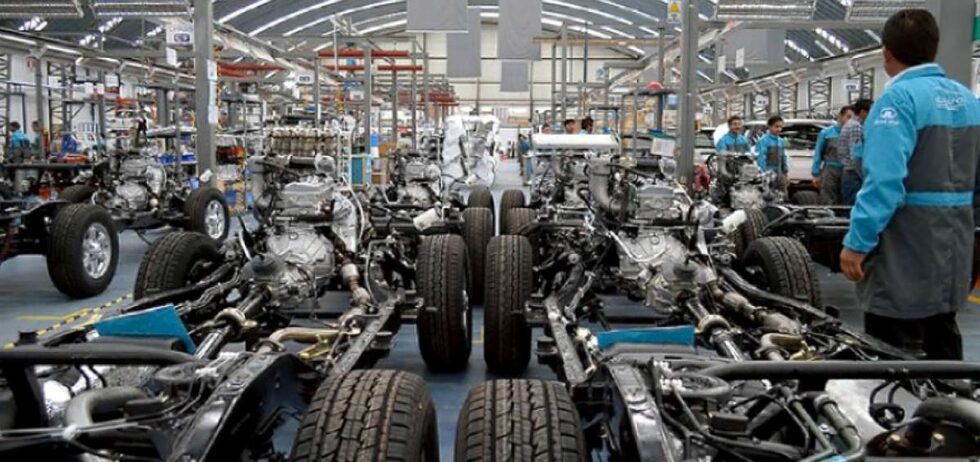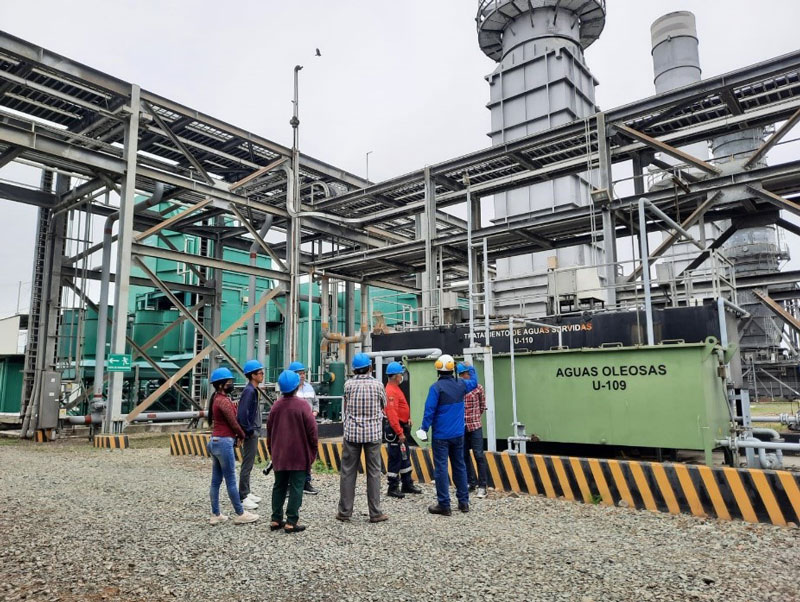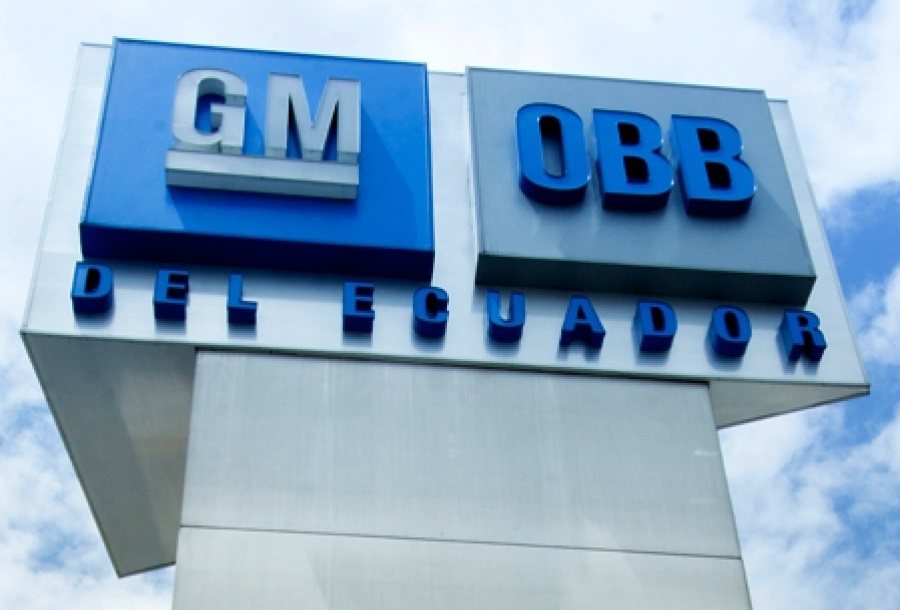Moreno surprises international markets but will his reforms revive Ecuador’s economy?
By William Bonds
In April 2016, to the dismay of international markets, Ecuador elected socialist Lenin Moreno, Rafael Correa’s heir and former vice-president, as the country’s new head of state.
Global markets were hoping for a surprise win from Guillermo Lasso, a former banker, which the international community was confident would put Ecuador on a path towards further market liberalization, in a sense following in the footsteps of Mauricio Macri in Argentina and Michael Temer in Brazil.
The 64-year-old socialist’s victory was seen as potentially ushering in a continuation of Correa’s populist tendencies and anti-market rhetoric; it comes at a time when many investors feel Ecuador needs to commit to opening its economy up.
Ecuador was hit particularly hard by the drop in oil prices three years ago, but the economy has rebounded somewhat and seems to be trending slowly towards recovery. This month the World Bank upgraded its growth estimate for the oil producing nation. In January, the organization projected Ecuador’s economy would shrink around 2.9% this year, but by June it revised this projection sharply upward to growth of 1.3%. Last week, the government reported strong 2.6% growth during the first quarter of 2017.

Guayaquil would benefit from increased trade.
According to a report by Capital Economics, this expansion was mostly due to the reconstruction efforts after the big 2016 earthquake, and loose fiscal policy ahead of the presidential election. The firm believe the strong recovery is unlikely to last, pointing to a large fiscal “squeeze” needed in order to keep the current account deficit in check, which is sure to put a damper on growth.
Adam Collins, a Latin American economist at Capital Economics, believes that squeeze is more or less unavoidable.
Moreno’s electoral triumph did not and will not have a significant impact on Ecuador’s economy, with markets largely pricing in his victory. But questions remain about whether the country’s new leader will be able to shift the country’s markets in the right direction.
It’s important to point out that Moreno hasn’t inherited the same country Correa did; oil prices aren’t anywhere close to $100 per barrel, and the country has amassed much more foreign currency debt in recent years.
Even though Capital Economics expects a broadly loose fiscal spending to continue, Moreno has tried to differentiate himself from Correa, who was well known for regular confrontations with the private sectors and business groups. Among Moreno’s first acts as president was to announce a major austerity plan.
Also unlike his predecessor, Moreno seems keen on striking an alliance with private sector business leaders. Earlier this month, he announced the creation of a cross-sector committee tasked with identifying the biggest productivity issues in the country and enacting recommendations on how to tackle them. Both public actors and business groups are represented in this delegation.
Business and exporters have long stressed the need of a more diversified economy, which will require the support of the government, especially if they want Ecuador to become competitive enough to attract foreign investors, something Moreno seems keenly aware of.
The idea of replacing the U.S. dollar as the national functional currency and with the Sucre (Ecuador’s long-abandoned currency), a very popular measure with some of the more radical members of Moreno’s party, has also been scrapped.
Foreign Currency Debt: The Elephant in the Room
Of the most urgent matters Moreno will need to tackle is, without a doubt, the country’s debt levels, which this year is set to be hit $41.8 billion, or 41.57% of Ecuador’s GDP.
In early July, Standard and Poor’s downgraded the credit rating of Ecuador from ‘B’ to ‘B-‘, citing that the high levels of debt along with weak institutions and restrictive monetary policy are leaving the newly elected government with few options.
Ecuador is considered a serial defaulter by many, having failed to honor its payments on several occasions, most recently in 2007, part of the reason why markets are having tough time trusting Moreno despite his modest investor-friendly assurances; bond yields have barely moved since the new leader took the helm, a worrying sign.
He will seek to refinance short-term debt and reduce interest rates, with a view towards alleviating the financial burden of the country and stimulating spending. Most of the country’s debt tends to be short-tenor, and it had to offer high-interest rates to attract investors; at the same time, it still maintains important outstanding obligations with China, its main financial partner.
“We will explore every opportunity to refinance our debt,” Moreno told the local press. “Our average debt is not necessarily expensive,” but some tranches were acquired during stressed times for the country, which was hit by low oil prices and a rising US dollar, Moreno added.
He has already approached both China’s President Xi Jinping and the World Bank with the intention of striking a deal.
Even if Ecuador’s short-term economic outlook is mixed, it is inevitable that in a world volatile oil prices, Lenin Moreno will need to attract foreign investors to his shores if he wants to guarantee the economic stability of the country – and more importantly, compete with the country’s Southern and Central American peers, many of which have made large strides towards fiscal discipline and market openness.
That said, Moreno’s task is not insignificant. He will need to rein in spending, tighten the fiscal deficit and most importantly, work hand in hand the productive sectors in Ecuador. His brief presence in office thus far suggests a willing disposition to address some of these problems, but the real test will come when more difficult decisions need to be made.
___________________
Credit: Bonds & Loans, www.bondsloans.com


















